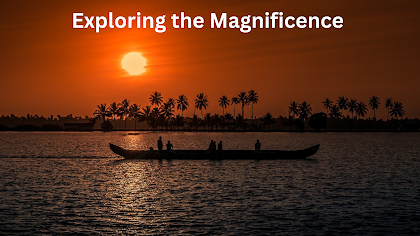Introduction
In the intricate tapestry of international relations, few countries draw as much attention and scrutiny as Iran. At the helm of this nation stands President Ebrahim Raisi, a figure whose actions and policies reverberate across the global stage. Here,we delve into Raisi's approach to diplomacy, examining his relations with the world community and the complex dynamics surrounding Iran's stance towards Israel.
Raisi's presidency marks a pivotal moment in Iran's engagement with the international community. As a seasoned jurist and politician, he brings a pragmatic perspective to foreign affairs, prioritizing Iran's national interests while seeking avenues for constructive dialogue. Under his leadership, Iran has pursued a policy of multilateral engagement, emphasizing the importance of diplomacy in addressing regional and global challenges.
Central to Iran's foreign policy is its relationship with the world community, encompassing both traditional allies and potential adversaries. Raisi has expressed a commitment to strengthening ties with neighboring countries and regional powers, recognizing the importance of stability and cooperation in the Middle East. Through diplomatic channels and international forums, Iran under Raisi's leadership has sought to foster dialogue and resolve conflicts through peaceful means.
Furthermore, Raisi has been vocal about Iran's aspirations for a more equitable global order, advocating for the rights of developing nations and marginalized communities. His calls for reform within international institutions resonate with many countries that have long felt sidelined or marginalized in the global arena. By championing the principles of sovereignty and non-interference, Raisi aims to assert Iran's role as a responsible and constructive member of the international community.
However, one of the most contentious issues shaping Iran's relations with the world community is its stance towards Israel. Historically, Iran and Israel have been at odds, with deep-seated ideological and geopolitical differences fueling mutual distrust. Raisi inherits a complex legacy in this regard, as Iran's position on Israel has been a subject of intense debate and scrutiny.
Despite ideological differences, Raisi has emphasized the need for pragmatic engagement and conflict resolution in dealing with Israel. While reaffirming Iran's support for the Palestinian cause, he has also signaled a willingness to explore diplomatic channels and dialogue to address longstanding grievances. Raisi's approach reflects a delicate balance between upholding Iran's principles and pursuing pragmatic solutions to regional conflicts.
Moreover, Raisi has stressed the importance of distinguishing between the Israeli government and the broader Israeli society. By advocating for dialogue and engagement with Israeli civil society and promoting people-to-people exchanges, he seeks to foster understanding and bridge divides between the two nations. Such initiatives, while politically sensitive, hold the potential to thaw tensions and pave the way for constructive engagement in the future.
In conclusion, Ebrahim Raisi's presidency heralds a new chapter in Iran's relations with the world community and Israel. Through a combination of pragmatism, diplomacy, and a commitment to Iran's national interests, Raisi seeks to navigate the complexities of international politics while upholding Iran's principles and values. While challenges remain, particularly concerning Iran's stance towards Israel, Raisi's leadership offers hope for constructive dialogue and engagement in pursuit of peace and stability in the region.

.png)
.png)

Comments